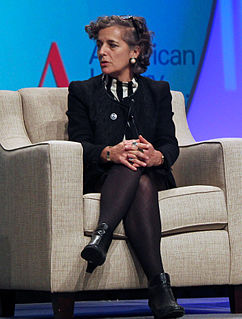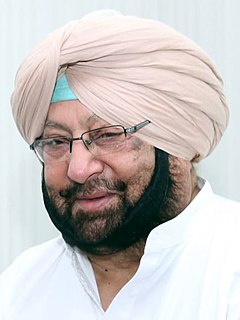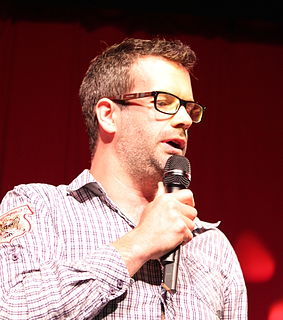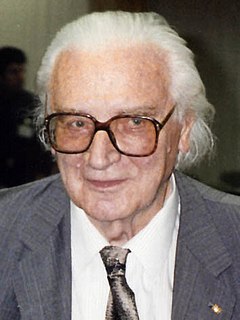A Quote by Mohammed Saeed al-Sahaf
The information was correct but the interpretations were not. I did my duty up to the last minute.
Quote Topics
Related Quotes
Today your technology is far more sophisticated. Forget about sending a reconnaissance aircraft, your satellites provide you information on a minute-to-minute basis. Similarly, when missiles were fired, every missile has a camera in its cone, on its nose, and it keeps relaying information until the point of its impact.
When we were doing the "Angel Dust" thing we got information from the National Institute of Drug Abuse because we knew that if we went out and said something about angel dust people were going to ask questions about it and we wanted to be sure we had all the information to deal with it when those questions came up. So it's all a question of being as prepared as possible out front, so that if you are going to deal with information it'll be correct. A lot of people won't check it out but some people will.
I failed to get into drama school, and my best friend told me I should do stand-up instead. I was always doing gags and voices, so he booked a gig for me without telling me. I only had four days to write it. I did a seven-minute set; the first four minutes were terrible, but the last two were amazing.
Say, I was on The Craig Kilbourne Show and the next day I flew to Minneapolis. I was at the airport and a guy came up. He said, 'Dude, I saw you on TV last night.' But he did not say whether or not he thought I was good, he just confirmed that I was on television. So I turned my head away from him for about a minute, then I turned it back. I said, 'Dude, I saw you at the airport about a minute ago. And you were good.'
Mike Flynn is a fine person, and I asked for his resignation. He respectfully gave it. He is a man who there was a certain amount of information given to Vice President Mike Pence. And I was not happy with the way that information was given. He didn't have to do that, because what he did wasn't wrong - what he did in terms of the information he saw. What was wrong was the way that other people were given that information, because that was classified information that was given illegally. That's the real problem.
Of course, we knew that the official reports were sketchy, if not falsified. But, in terms of information theory, this is precisely where the problem lay: How were we to reconstruct reality from incomplete or false reports? It is not true that virtually all news in a totalitarian state is false. On the contrary, most news is completely correct, albeit tendentiously slanded; it is just that certain information is suppressed. One can adjust for the political slanting of the news, but there is virtually no way to fill in the omissions.
I certainly don't mean to suggest that all investigative journalism prior to 9/11 in the US was praiseworthy. But there were more examples to which one could point, and there were at last some activist photographers who understood that getting information into the public sphere in spite of military censorship was a right and obligation within democracy. That strain in war journalism did nearly vanish during that time.


































